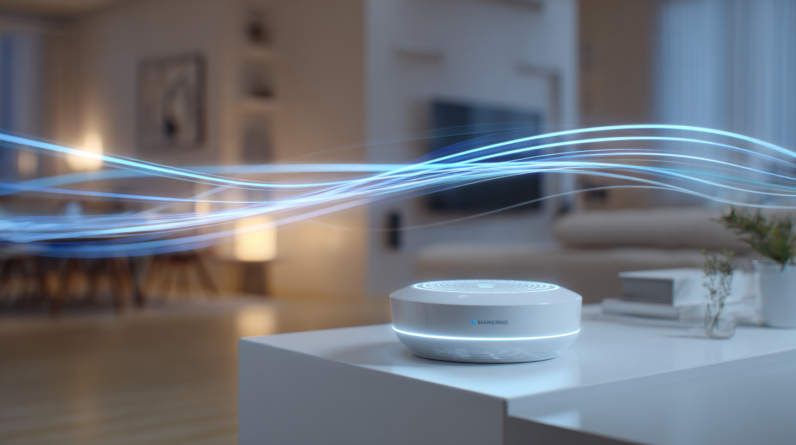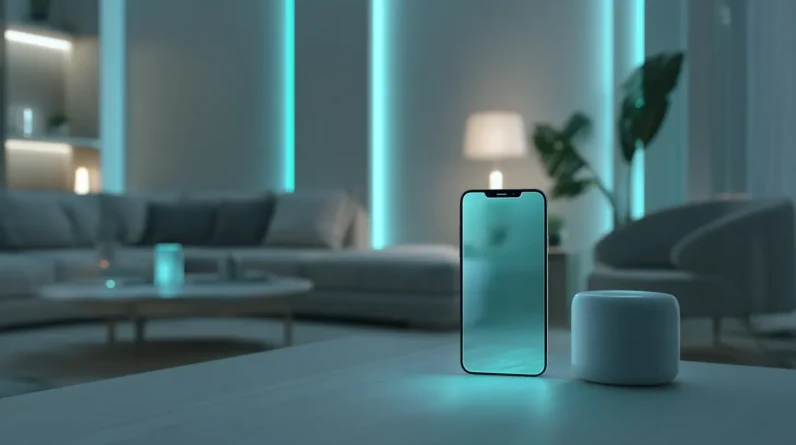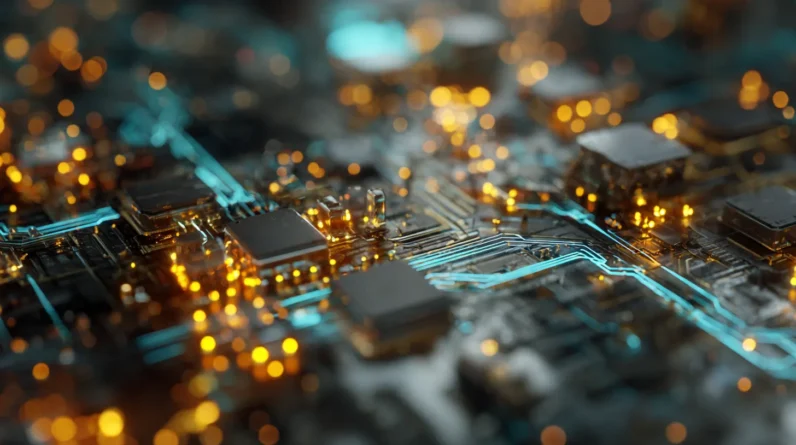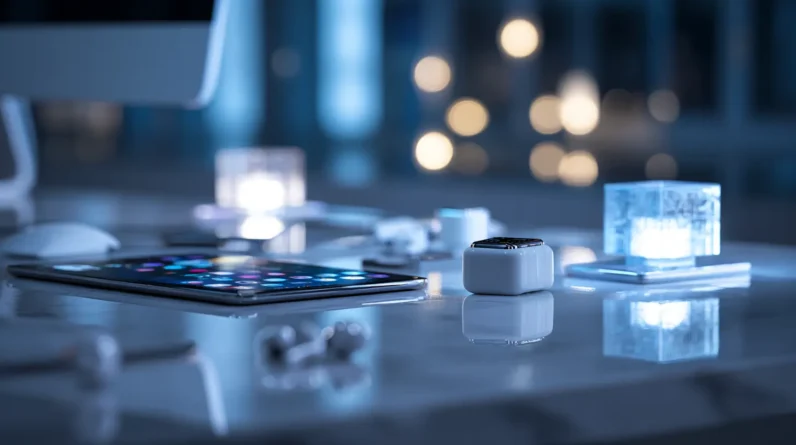
We’re witnessing an AI revolution where smart gadgets are transforming from passive tools into intelligent companions. Our devices will soon predict our needs, adapt to our behaviors, and provide personalized experiences across health, home, and digital interactions. Machine learning algorithms will enable unprecedented contextual understanding, allowing our technology to anticipate our preferences before we even express them. Curious about how this intelligent evolution unfolds?
Adaptive Personal Devices: AI’s Evolutionary Leap
As artificial intelligence continues to reshape personal technology, adaptive personal devices represent a groundbreaking frontier in smart gadget evolution. We’re witnessing AI-driven systems that dynamically adjust to individual user behaviors, preferences, and environmental contexts with unprecedented precision. These intelligent devices learn and anticipate needs, transforming from passive tools to proactive companions. By integrating advanced machine learning algorithms, they can predict user intentions, optimize performance, and provide personalized experiences that adapt in real-time. The result is a new generation of smart gadgets that don’t just respond, but intelligently interact and evolve alongside their users.
Machine Learning in Health and Wellness Technology
While machine learning transforms numerous technological domains, its impact on health and wellness technology stands particularly remarkable. We’re witnessing AI algorithms that can predict health risks, analyze physiological data with unprecedented accuracy, and personalize wellness interventions with extraordinary precision.
Our wearable devices now leverage sophisticated machine learning models to track essential signs, detect anomalies, and provide real-time health insights. These intelligent systems learn from individual user data, continuously refining their predictive capabilities. By integrating complex datasets, they’re revolutionizing preventative healthcare, enabling more proactive and personalized medical strategies that adapt dynamically to each user’s unique health profile.
Smart Home Intelligence: Beyond Simple Automation
The evolution of AI from personal health monitoring to intelligent home ecosystems represents a natural progression in smart technology. We’re witnessing homes transform into adaptive environments that learn and anticipate residents’ needs. Advanced machine learning algorithms now enable systems to understand context, predict behaviors, and autonomously adjust lighting, temperature, and security settings. Smart homes aren’t just responding anymore; they’re proactively creating personalized experiences. Neural networks analyze complex data patterns, integrating inputs from multiple sensors to make nuanced decisions. This isn’t mere automation—it’s a sophisticated, dynamic interaction between human inhabitants and their technologically enhanced living spaces.
Contextual Understanding in Personal Digital Assistants
Despite rapid technological advancements, personal digital assistants have struggled to truly comprehend human communication nuances. We’re witnessing a transformative shift toward AI that understands context beyond literal commands:
– Detecting emotional undertones in user requests
– Interpreting complex, multi-layered conversational intent
– Recognizing environmental and situational cues
– Adapting communication style to individual user preferences
Sophisticated machine learning algorithms now enable digital assistants to parse subtle contextual signals, evolving from rigid, scripted interactions to more intuitive, human-like exchanges. By integrating deep learning neural networks and advanced natural language processing, these systems can now anticipate needs, interpret implied meanings, and provide more personalized, intelligent responses that feel remarkably natural.
Predictive Performance: AI’s Anticipatory Capabilities
As AI technologies continue to evolve, predictive performance has emerged as a groundbreaking frontier in smart gadget intelligence. We’re witnessing sophisticated algorithms that can anticipate user needs before they’re explicitly expressed, transforming passive devices into proactive companions. Machine learning models now analyze complex behavioral patterns, enabling gadgets to predict preferences, recommend actions, and automate routine tasks with remarkable accuracy. By integrating contextual data from multiple sources—personal history, environmental signals, and real-time interactions—these intelligent systems create seamless, personalized experiences. The result is a new generation of smart devices that don’t just respond, but intelligently predict and adapt to our dynamic lifestyles.
Conclusion
We’re witnessing an incredible AI transformation in personal technology. By 2025, experts predict over 75% of consumer devices will incorporate advanced machine learning capabilities, fundamentally reshaping how we interact with technology. These smart gadgets won’t just respond—they’ll anticipate our needs, learn our preferences, and seamlessly integrate into our daily lives. The future isn’t just connected; it’s intelligently adaptive.







